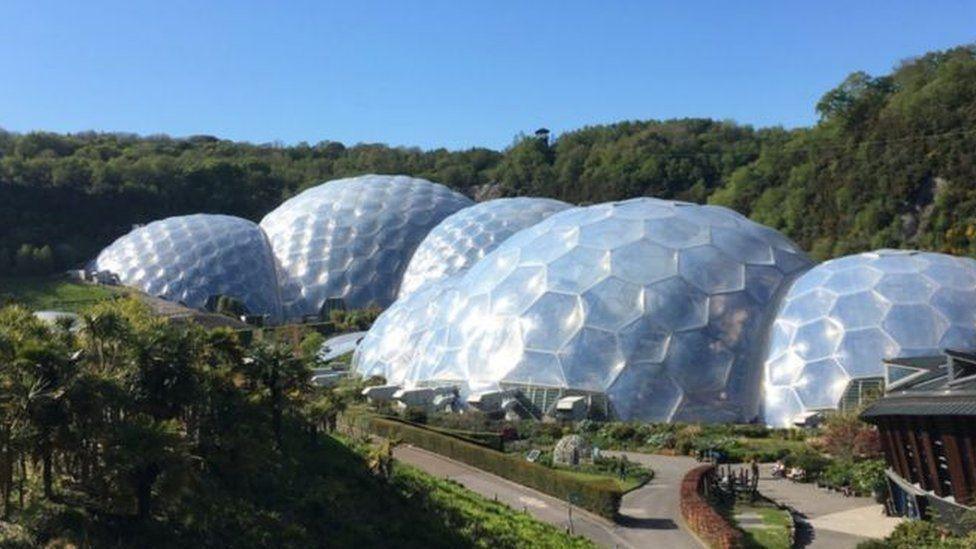'Biosphere' recognition could generate more funding
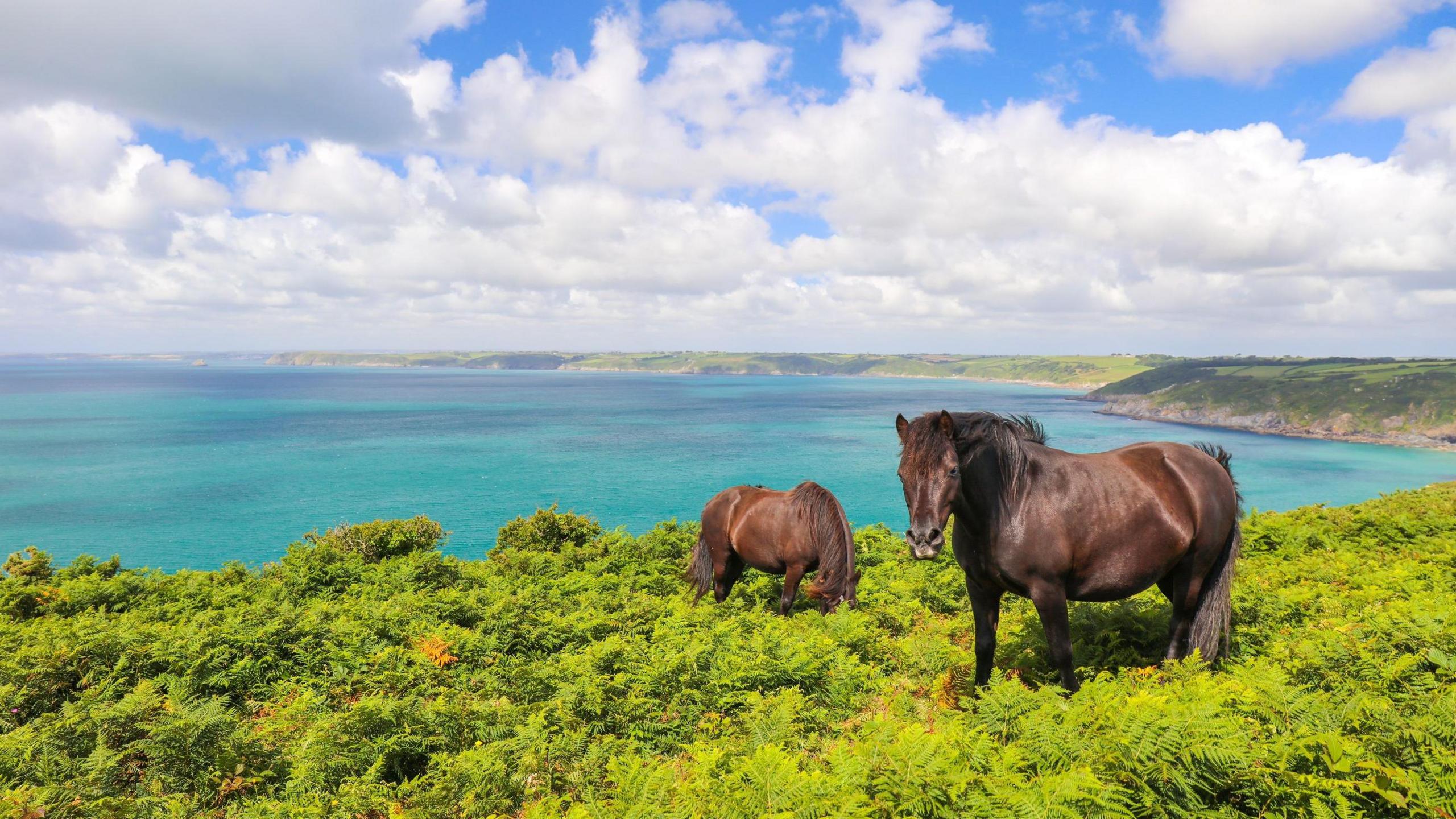
The new status could bring in more funding and research to the area
- Published
Cornwall and the Isles of Scilly being recognised as a "biosphere reserve" could attract more funding and research.
It is a status already possessed by North Devon, and now a study is ongoing to determine how much of the criteria is currently met in Cornwall.
According to Unesco, the idea behind biospheres is for it to act as a "testing ground" to manage ecosystems sustainably.
Senior lecturer at the University of Exeter Dr Tiago di Melo Cartaxo said: "We need more collaboration, we need more work together and that's what a Unesco biosphere could be about."
He said that North Devon's biosphere has been a "huge success", and now for each £1 invested by the public sector, "they are getting £20 back".
Dr di Melo Cartaxom, who is a senior lecturer in Environmental Law and has been a part of the study, added: "They [North Devon] have had the opportunity to work with different universities to collaborate with projects all over the world.
"This has been really helpful and really positive for businesses."
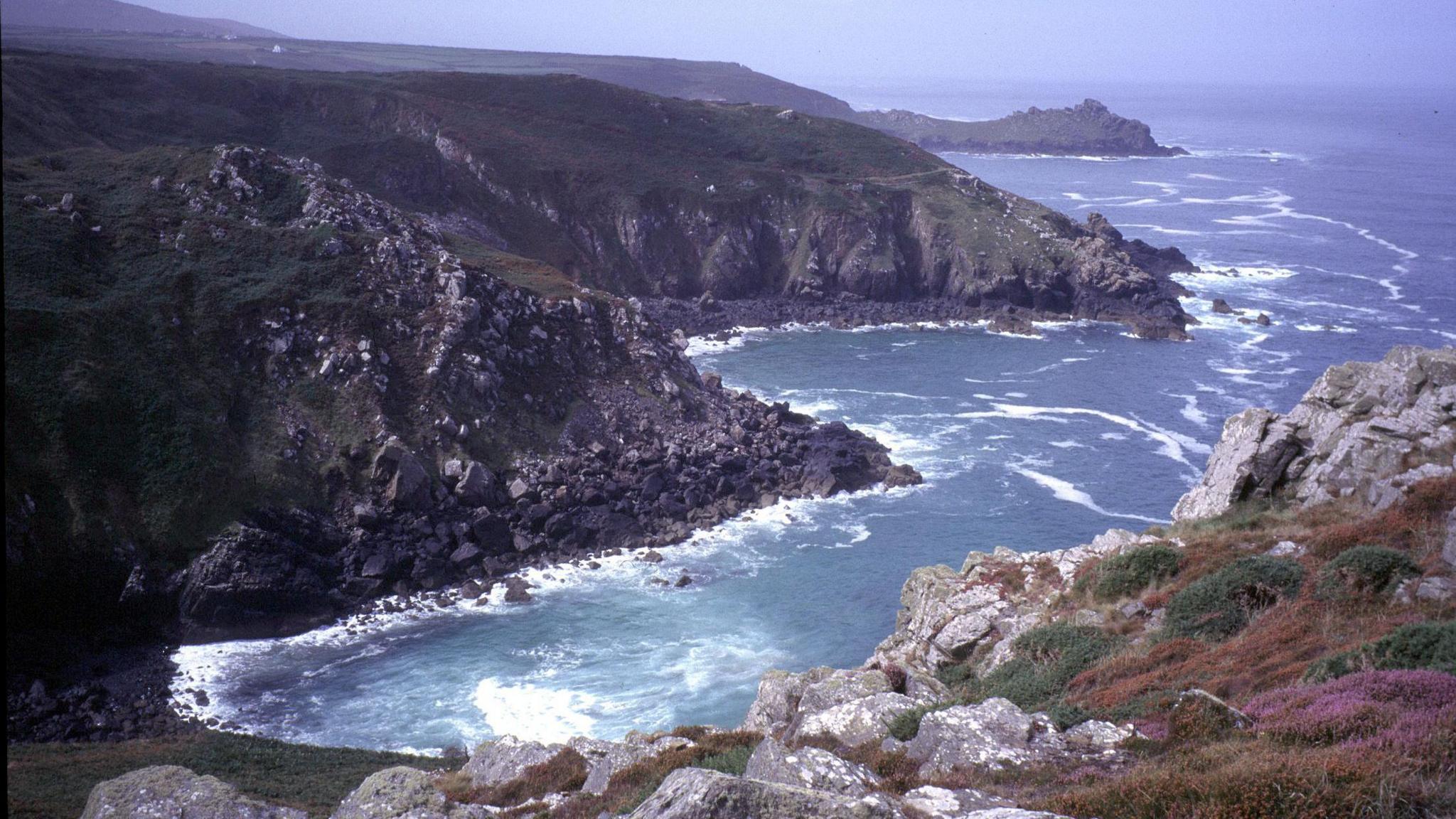
A lecturer at the University of Exeter said the status can make it easier for an area to get national and international funding
Due to the biosphere status, more businesses have implemented sustainability projects, he added.
It is also easier for an area to win "national and even international funding" as a biosphere, Dr di Melo Cartaxo said.
"You can show that you are working in collaboration with lots of different organisations but are also doing it locally for the local community and for the local nature," he said.
Dr di Melo Cartaxo said the next stage of the study would be to look for funding support.
What is a biosphere?
The definition is in recognition of the landscape, wildlife, heritage and learning opportunities in an area.
It brings no new rules or regulations - but rather encourages co-operation to create a "better future for people and nature".
The four main functions are conservation, learning, development and helping to tackle climate change.
Follow BBC Cornwall on X (formerly Twitter), external, Facebook, external and Instagram, external. Send your story ideas to spotlight@bbc.co.uk, external.
- Published3 September 2024
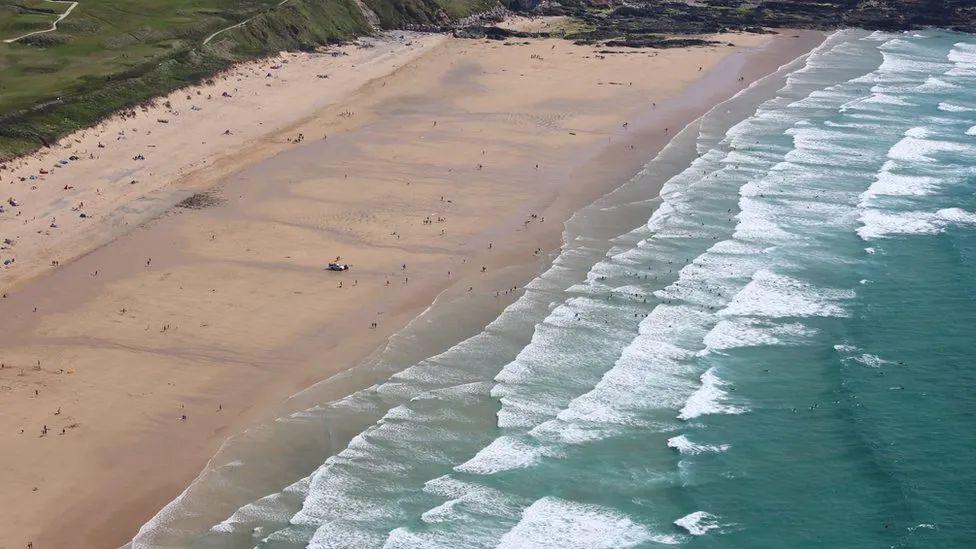
- Published9 February 2024
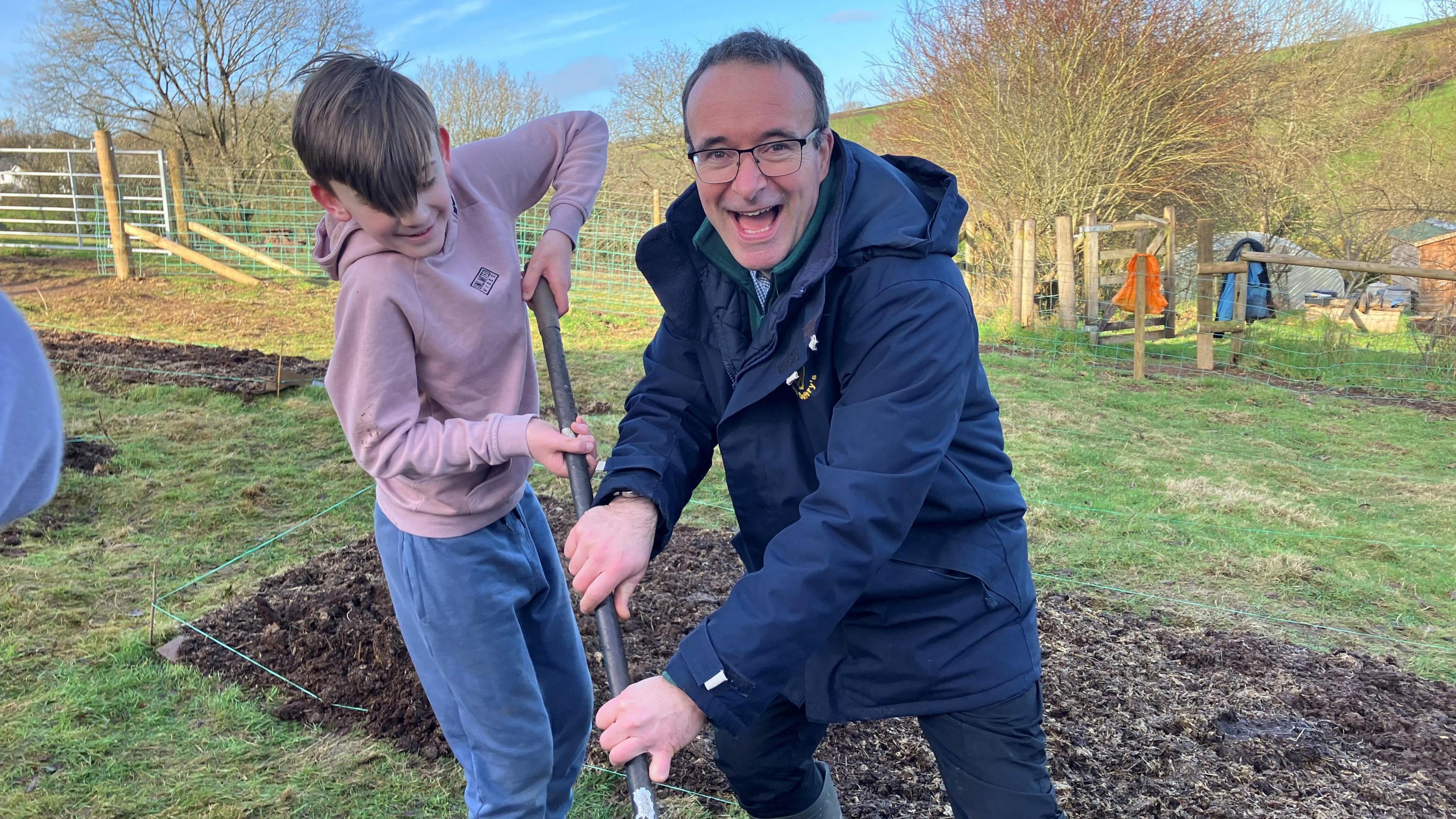
- Published27 May 2024
